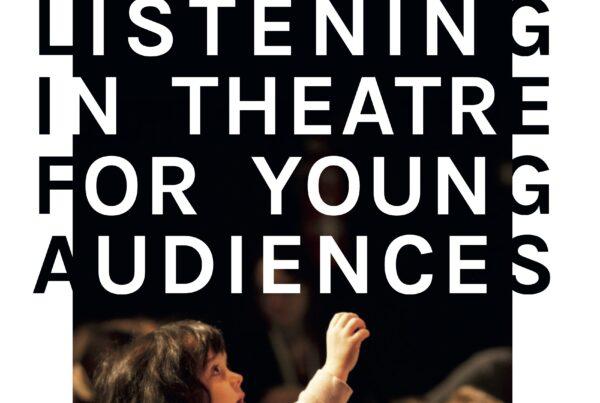Theater is a key to unlocking creativity, to showing children that the world they see is not the only one that can exist. It whispers, “What if?” What if equality and equity was not just a wish but a reality? What if every voice mattered, every story was heard? What if the planet was not something to save, but a home to celebrate? Through theater, children learn that they can dream these possibilities into being.
Leer en español / Lire en français
When I see children sit in a theatre, I know they are not just watching—they are stepping into a world where anything is possible. I see the lights flicker, the curtains part, and suddenly, they are explorers in a land of endless imagination. They see heroes rise, voices unite, and stories weave together like a tapestry of dreams. In those moments, I realize children do not just witness—they feel, they dream, and they begin to imagine a world that is truly theirs.
Theatre is a key to unlocking creativity, to showing children that the world they see is not the only one that can exist. It whispers, “What if?” What if equality and equity was not just a wish but a reality? What if every voice mattered, every story was heard? What if the planet was not something to save, but a home to celebrate? Through theatre, children learn that they can dream these possibilities into being.
In a world tangled in inequality, conflict, and a climate crying for care, I believe we do not need children to patch up the pieces of the past. Instead, we need to give them the tools to imagine something better—for themselves, for each other, and for the planet. Theatre opens their eyes to empathy, showing them lives beyond their own. It spark ideas of justice—not as a distant goal, but as a practice rooted in kindness and understanding.
Through these stories, they can also unlearn old narratives—of colonization, of division—and replace them with ones of equity and shared humanity. They begin to see the world as a place where everyone belongs, where differences do not divide but enrich. Theatre helps them question power, challenge unfairness, and imagine justice that is inclusive and transformative.
For me, raising a generation that is more human, more attuned to life, is not about burdening them with the weight of what is broken. It is about handing them the gift of possibility. It is about helping them dream a world that is freer, fairer, and bursting with life.
When I watch children see theatre, I know they see themselves—not as passengers, but as creators of a world filled with stories that matter. They do not leave as spectators. They leave as happy little visionaries, ready to build a future that is more compassionate, more just, and fully their own.
All of us in the theatre communities across the world are making it possible for children to see their dreams dancing in the mirror, and treat this world as their stage to do good.
All of us need to keep going.







